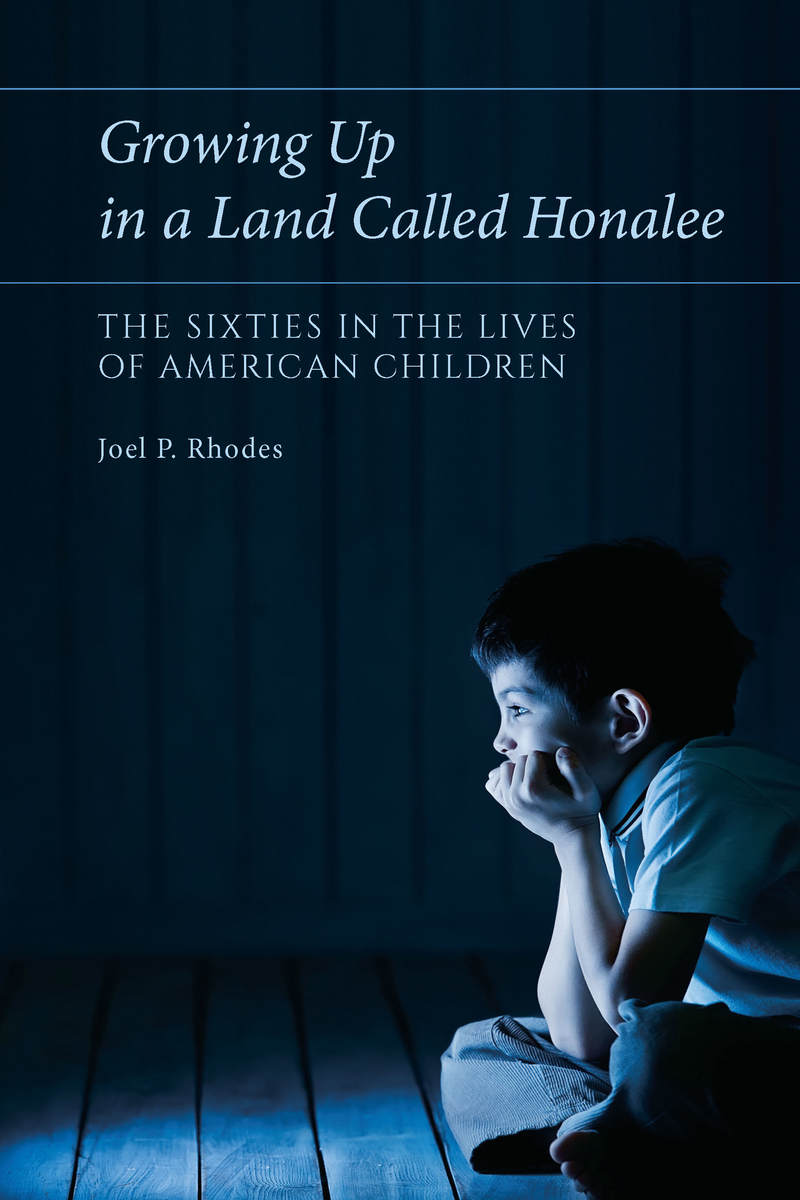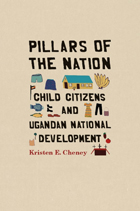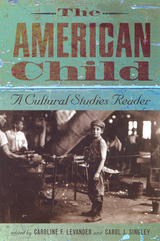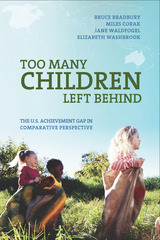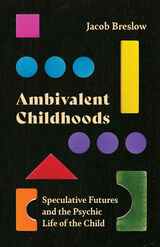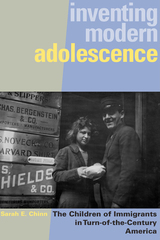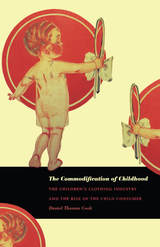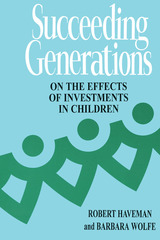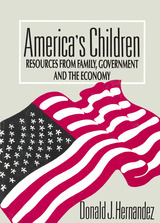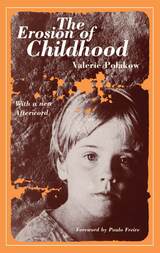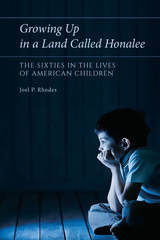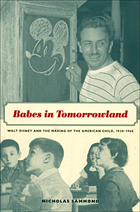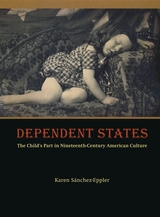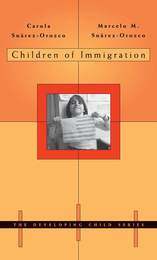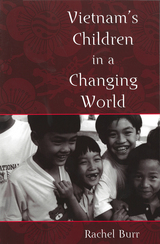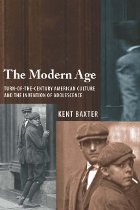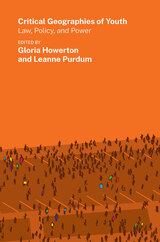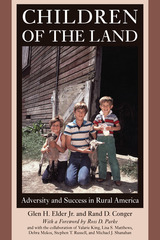Growing Up in a Land Called Honalee: The Sixties in the Lives of American Children
University of Missouri Press, 2017
Cloth: 978-0-8262-2127-8 | eISBN: 978-0-8262-7385-7
Library of Congress Classification HQ792.U5R476 2017
Dewey Decimal Classification 305.23097309046
Cloth: 978-0-8262-2127-8 | eISBN: 978-0-8262-7385-7
Library of Congress Classification HQ792.U5R476 2017
Dewey Decimal Classification 305.23097309046
ABOUT THIS BOOK | AUTHOR BIOGRAPHY | REVIEWS | TOC | REQUEST ACCESSIBLE FILE
ABOUT THIS BOOK
This study examines how the multiple social, cultural, and political changes between John Kennedy’s inauguration in 1961 and the end of American involvement in Vietnam in 1973 manifested themselves in the lives of preadolescent American children.
Because the preadolescent years are, according to the child development researchers, the most formative, Joel P. Rhodes focuses on the cohort born between 1956 and 1970 who have never been quantitatively defined as a generation, but whose preadolescent world was nonetheless quite distinct from that of the “baby boomers.” Rhodes examines how this group understood the historical forces of the 1960s as children, and how they made meaning of these forces based on their developmental age. He is concerned not only with the immediate imprint of the 1960s on their young lives, but with how their perspective on the era influenced them as adults.
Because the preadolescent years are, according to the child development researchers, the most formative, Joel P. Rhodes focuses on the cohort born between 1956 and 1970 who have never been quantitatively defined as a generation, but whose preadolescent world was nonetheless quite distinct from that of the “baby boomers.” Rhodes examines how this group understood the historical forces of the 1960s as children, and how they made meaning of these forces based on their developmental age. He is concerned not only with the immediate imprint of the 1960s on their young lives, but with how their perspective on the era influenced them as adults.
See other books on: American Children | Growing Up | Lives | Nineteen sixties | Sixties
See other titles from University of Missouri Press
